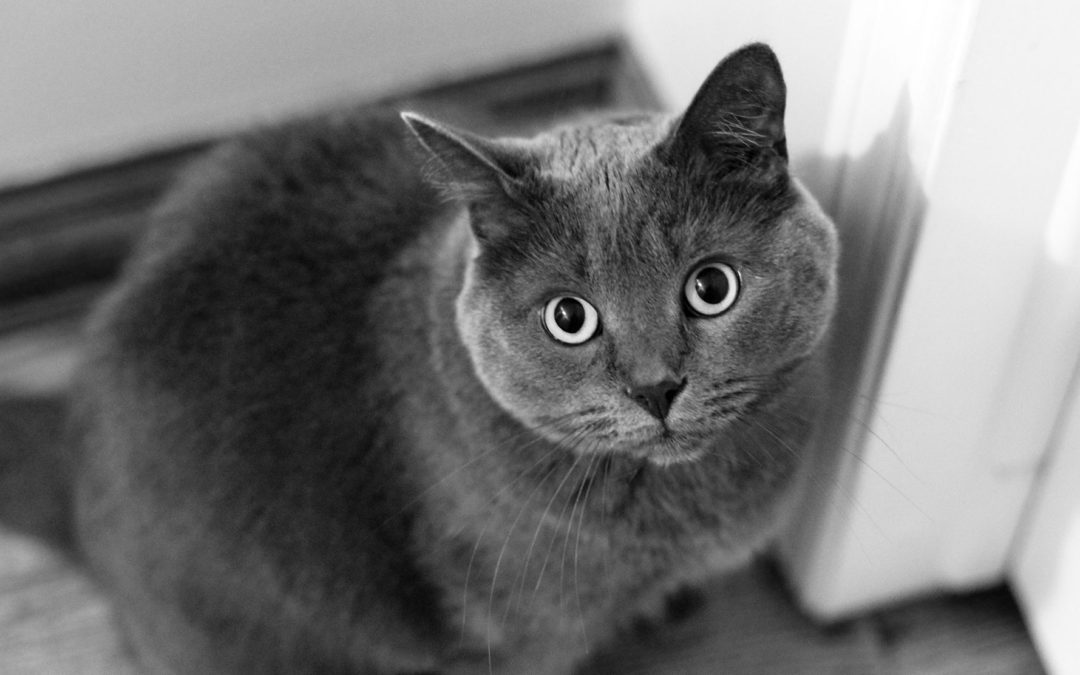Many people are focused on nutrition and wellness as they start the new year. One of the more interesting pet health trends I have observed over the past few years is the growing grain-free category of the expanding pet food market. Many pet owners believe grain-free diets are better for their pets because they assume they are more natural and healthier. In additional pet owners are increasingly considering their pet’s diets as important as their own, and consequently, various human food trends have found their way into the pet food market.
The growing grain-free category of the expanding pet food market is perpetuating the misperception that grain is bad for pets. However, there is no credible evidence has been found showing grain-free diets are more nutritious for pets, nor do any nutritional foundations support this claim.
- Whole grains are not just used as fillers. They contribute vital nutrients such as vitamins, minerals, and essential fatty acids to pet foods. Various grain products also provide protein, which may be easier for the pet to digest than some proteins from meat.
2. Many think that grain-free pet foods are lower in carbohydrates but this isn’t the case as they typically contain carbohydrates from other sources such as sweet potatoes, which have a higher carbohydrate level than corn.
3. Grain-free diets may also contain a higher amount of fat and calories. Some grain-free diets merely substitute grain with highly refined starches (eg, potatoes, cassava) that may deliver fewer nutrients and less fiber than whole grains. Alternatively, the grains may be replaced with beans, peas, or lentils, which may lead to gastrointestinal upset.
4. Most people switch to grain-free diets because they think their pets are allergic to grains. Food allergies and sensitivities are abnormal responses to a normal food or ingredient, and the significant factors in pets diagnosed with a food allergy are more likely animal proteins, such as chicken, beef or dairy.
5. Celiac disease is an inherited autoimmune disease seen in humans that has been associated with hypersensitivity to gluten proteins in wheat and related grains such as barley and rye. Gluten intolerance is extremely rare in dogs and nonexistent in cats.
Remember, grain-free diets offer no more health benefits than a diet with grains, and each diet should be considered based on the overall nutrient profile rather than individual ingredients. Consult with your veterinarian to pick the right diet for your pet.

